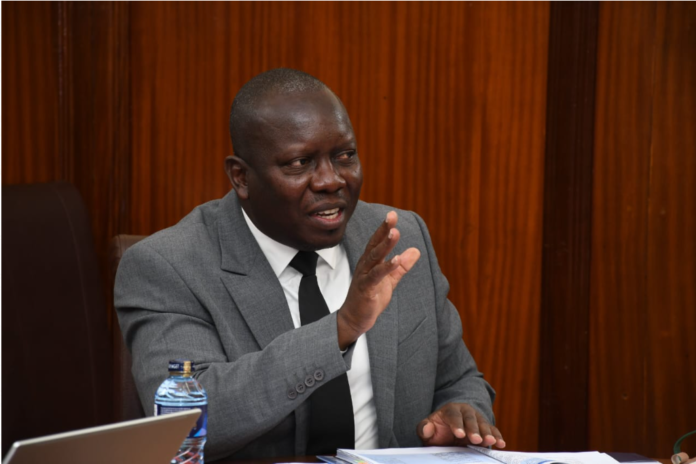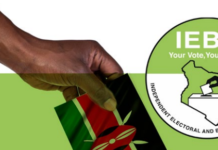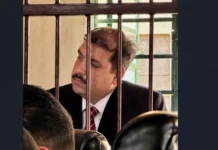Win to the Director of Public Prosecution as Court allows him to produce crucial Electronic evidence his office is relying on to pin down three suspects facing trial over the Dussit D2 terror attack.
Kiambu High Court Judge Dorah Chepkwony set aside a decision of the trial court that declined to allow Chief Inspector Joseph Kolum to give evidence in the case.
The Judge said the evidence obtained was key for the Prosecution of the serious offences faced by the three suspects.
The Prosecution 38th witness was to give evidence obtained from forensic examination of the accused person’s mobile phones.
But the suspects objected to the production and use of such electronic evidence saying the same was obtained without a search warrant.
Based on this, the accused persons argued that the evidence would not be admissible as it was illegally obtained.
The Magistrate handling the case agreed with them and the case proceeded without the evidence of the inspector.
Aggrieved, the DPP moved to the high court challenging the decision of the trial court.
They acknowledged the lack of a court order before examining the mobile phones but at the same time argued the decision has the effect of putting national security at risk and adversely affecting ongoing criminal trials in other courts.
The Prosecution explained to the court that after the attack, about 177 mobile phones were exploited and other recoveries were made from Mucatha village within Kiambu county.
The Judge in allowing the evidence by Kolum said “Its admission is warranted bearing in mind the threat to national security and public safety.”
The right to privacy, she said, is fundamental but not absolute and can be limited under certain circumstances.
She faulted the trial court for failing to take into consideration that Kenya has faced not once but several occasions severe impacts of terror attacks and threats including death, loss of property and economic harm.


















